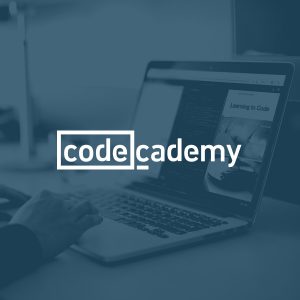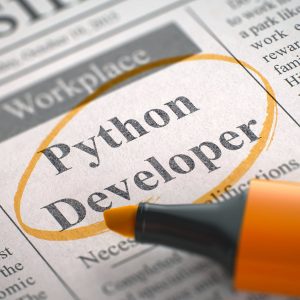
Here you will learn about Import Libraries, Decision Tree Classifiers, Logistic Regression, Load libraries, bar plot, modeling, training set, etc. Our course ensures that you will be able to think with a predictive mindset and understand well the basics of the techniques used in prediction. Critical thinking is very important to validate models and interpret the results. Hence, our course material emphasizes on hardwiring this similar kind of thinking ability.
You will have good knowledge about predictive modeling in python, linear regression, logistic regression, the fitting model with a sci–kit learn library, the fitting model with stat model library, ROC curves, backward elimination approach, stats model package, etc. Predictive Modeling and Logistic Regression is the use of data and statistics to predict the outcome of the data models. This prediction finds its utility in almost all areas from sports, to TV ratings, corporate earnings, and technological advances. Predictive modeling is also called predictive analytics. With the help of predictive analytics, we can connect data to effective action about the current conditions and future events. Also, we can enable the business to exploit patterns and which are found in historical data to identify potential risks and opportunities before they occur. Python is used for predictive modeling because Python–based frameworks give us results faster and also help in the planning of the next steps based on the results.
Specification: Predicting Titanic Survivals using Logistic Regression
|
1 review for Predicting Titanic Survivals using Logistic Regression
Add a review Cancel reply
This site uses Akismet to reduce spam. Learn how your comment data is processed.

| Price | $12.99 |
|---|---|
| Provider | |
| Duration | 1.5 hours |
| Year | 2021 |
| Level | All |
| Language | English ... |
| Certificate | Yes |
| Quizzes | No |

$84.99 $12.99






Gopal Agrawal –
Title of course is predicting … using logistic regression. Logistic regression was covered in 4 lines of code … it assumes you know how logistic regression and other ML techniques already works (though prerequisites for this course does not mention this). 80% of the course was just EDA. Last 2 or 3 lectures rushed through all the various ML models and understanding performance of these models (one Jupyter cell for each … so all you get to know is just the syntax … but no intuition about how those models work or what they intend to do). If you are just looking for EDA or need to resync yourself on how to do ML, then this course is ok.